Canada slapped a massive tariff on Russian imports, announced a shipment of rocket launchers to Ukraine and unveiled a streamlined immigration process for Ukrainians fleeing Moscow’s military assault.
The Canadian government will still require Ukrainians seeking refuge here to undergo a visa-application process because the program’s security check and background screening aims to weed out pro-Kremlin actors who mounted a war against Kyiv in eastern Ukraine for the past eight years.
Deputy Prime Minister Chrystia Freeland said Thursday a new 35-per-cent duty will apply to all imports from Russia and Belarus, the Kremlin’s close ally, in a further economic sanction of Russian President Vladimir Putin’s full-scale invasion of Ukraine.
This will be achieved by removing the preferential trade treatment – most-favoured nation status – Canada normally extends to fellow member countries of the World Trade Organization. North Korea is the only other country treated this way by the Canadian government.
Ms. Freeland rejected the idea that waves of Western sanctions are having little effect on Mr. Putin, saying the economic costs to Moscow are mounting.
“The ruble has dropped as much as 30 per cent this week, Russia’s central bank raised its benchmark interest rate to 20 per cent and the Russian stock market is closed for the fourth consecutive day,” she said. “Moody’s and Fitch have now downgraded Russian government debt to junk status.”
Defence Minister Anita Anand announced Canada will send more weapons to Ukraine: 4,500 M72 rocket launchers and 7,500 hand grenades. She said this gear would be drawn from existing Canadian Armed Forces stockpiles.
She said Canada will also provide Ukraine $1-million to purchase high-resolution satellite imagery that could give Kyiv better means to monitor the movement of Russian forces.
Finally, Immigration Minister Sean Fraser unveiled two immigration programs to receive Ukrainians: those seeking a short-term refuge from the violence in their home country and those seeking to permanently immigrate to Canada.
“There is no limit to the number of applications we are willing to accept,” he said.
He addressed Ukrainians, assuring them Canada would do “whatever it takes” to help them win the war against Russia.
“We will provide equipment to help defend your homeland. We will provide financial support to help stabilize your economy. We will impose economic sanctions on your oppressor and today we will offer safe haven to your families while you fight on the front lines of a war to defend your freedom from tyranny.”
The government is still refusing to drop a visa requirement for Ukraine travellers – as the European Union did in 2017 – that would make travelling here easier. Canada has granted citizens of more than 65 other countries and jurisdictions visa-free access.
But Ottawa said it is going to offer a stripped-down visa-application process even as it retains a security check for all applicants.
For Ukrainians who want to stay in Canada temporarily, Ottawa will create a Canada-Ukraine Authorization for Emergency Travel, Mr. Fraser told reporters in Ottawa on Thursday. It will offer a streamlined process that eliminates most of the normal visa requirements. If Ukrainians pass the background check and security screening, their stay in Canada could be extended to up to two years, he said.
The biometric screening for security that Ukrainians must undergo can be done at Canadian diplomatic missions in Warsaw, Vienna, Bucharest and 30 other locations throughout Europe.
Mr. Fraser said this program could be open for application in two weeks.
Canada is also setting up a family reunification program allowing relatives in this country to sponsor Ukrainians who want to move here permanently. This would put applicants on an expedited path to permanent residency. “This program will allow a wider circle of family members to be resettled in Canada compared to traditional family reunification streams,” the Immigration Minister said.
The government plans to unveil details of this sponsorship program in the coming weeks.
Mr. Fraser said the security-check phase of visa applications will remain because Canada is worried that removing it could “open the door for others who might slip through the cracks.”
He said the concern is that removing this security screening could admit pro-Kremlin Ukrainians who participated in Moscow’s guerrilla war in eastern Ukraine – those “who fought against the Ukrainian army for the past eight years in the Donbas as well as those who are currently working against Ukraine and assisting Russian troops.”
On Wednesday evening Canada announced it would slap sanctions on 10 executives from Rosneft, Russia’s leading oil company, and from Gazprom, a major Russian state-owned energy company.
This will bring to more than 1,000 the total number of people and entities facing sanctions – or in the process of having sanctions imposed upon them – by Canada since Russia’s illegal occupation of Crimea in 2014.
“The Russians and the Russian institutions that form the backbone of President Putin’s failing kleptocracy cannot be allowed to benefit from the prosperity whose very underpinning is being threatened by them,” Ms. Freeland said.
Canada and 44 other states at the Organization for Security and Co-operation in Europe on Thursday announced they had established a “mission of experts” to address the “human-rights and humanitarian impacts” of Russia’s invasion and acts of war against the people of Ukraine.
“With Ukraine’s support, a mission of experts will be convened to establish the facts and circumstances surrounding Russia’s possible contraventions of its OSCE commitments and its violations and abuses of international human-rights law and international humanitarian law, including possible war crimes and crimes against humanity,” Foreign Affairs Minister Mélanie Joly said Thursday in a statement.
Follow live updates on the war in Ukraine
For subscribers: Get exclusive political news and analysis by signing up for the Politics Briefing.
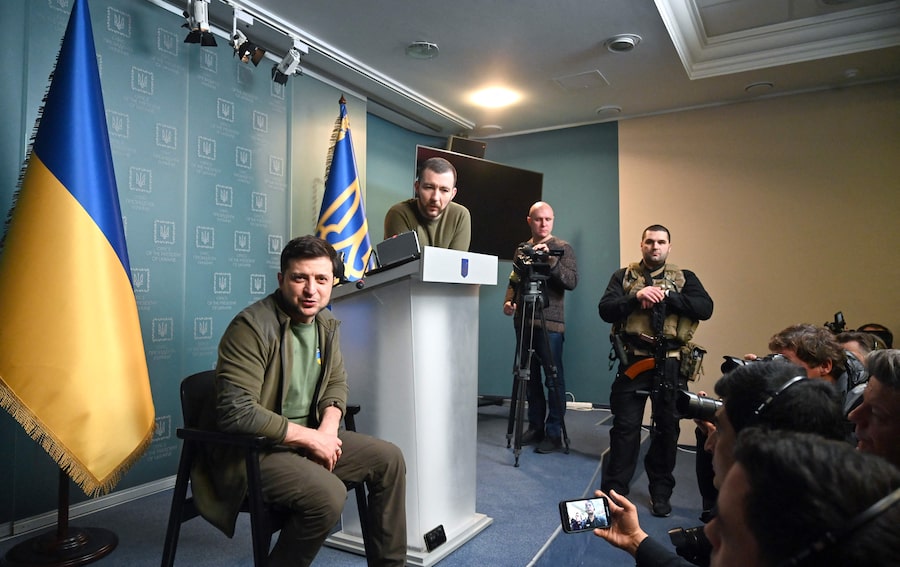
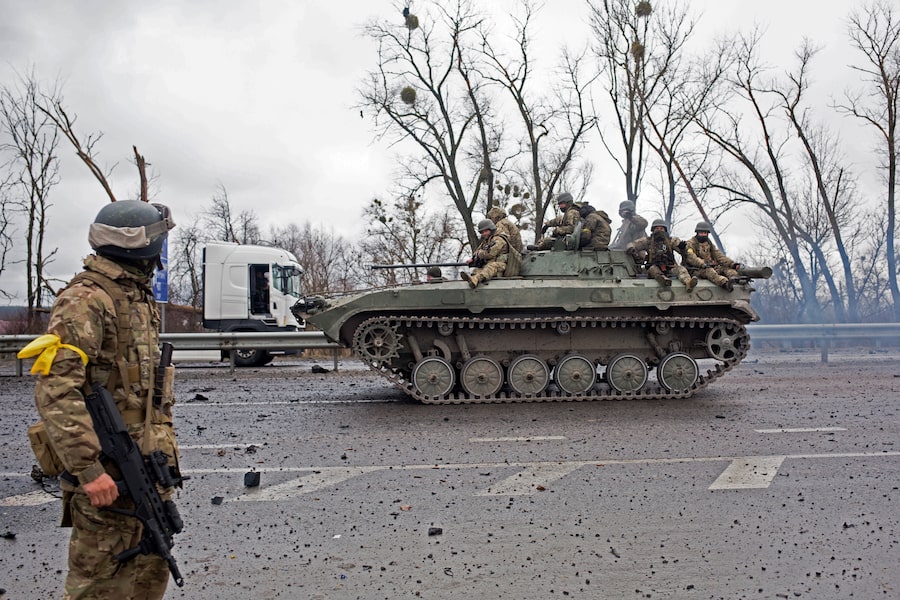
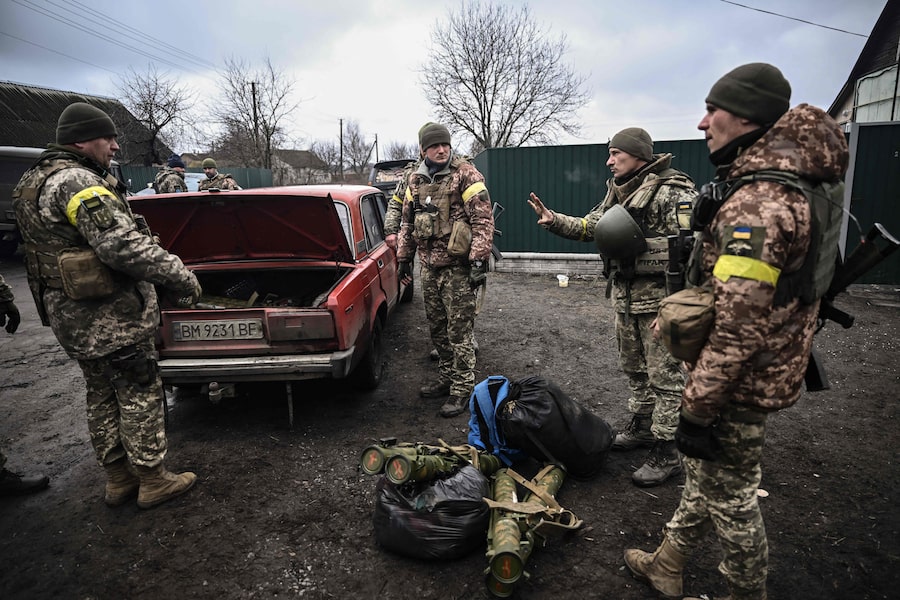
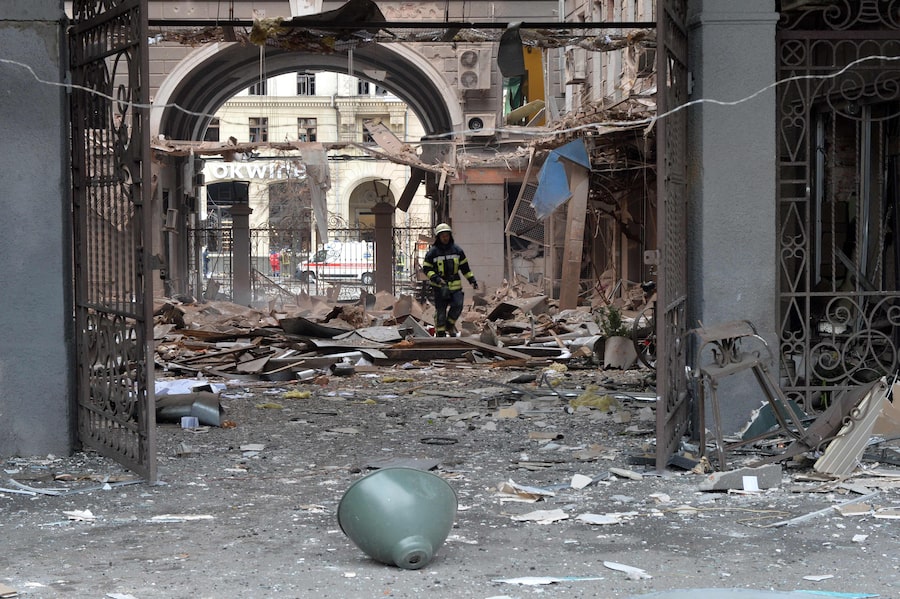
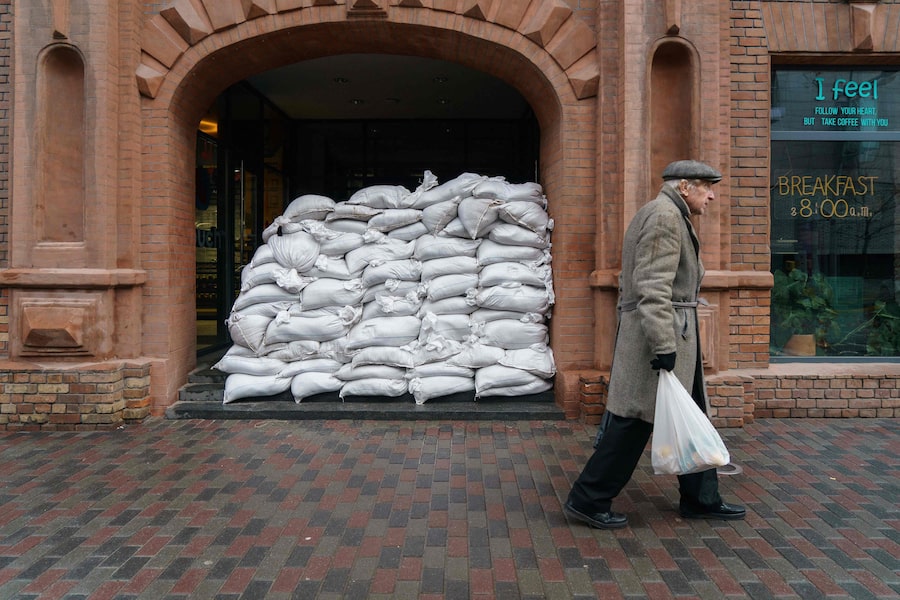
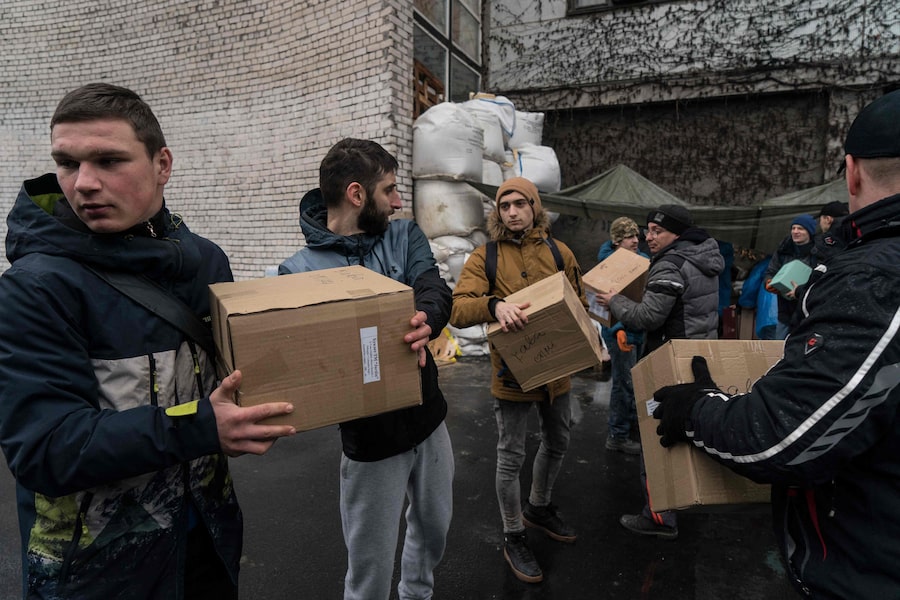
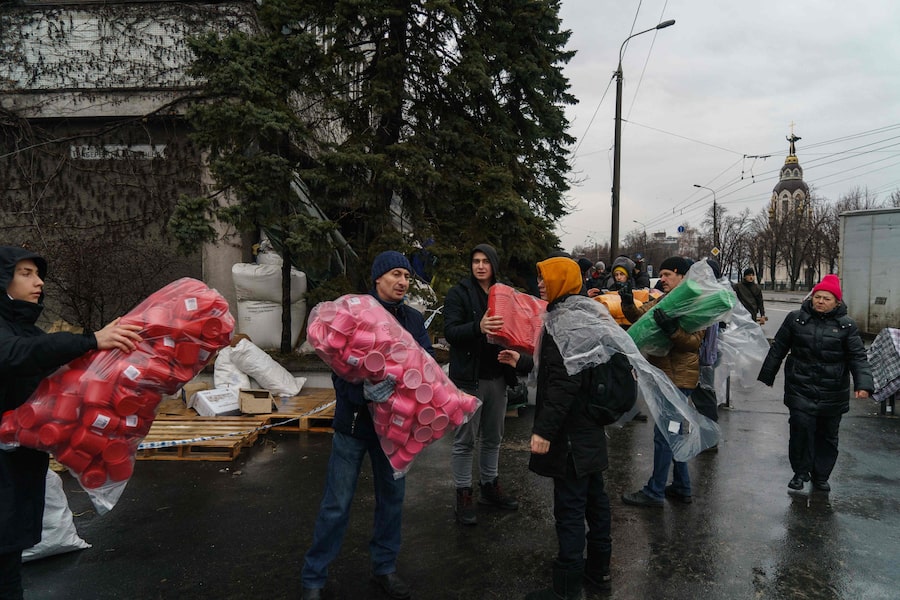

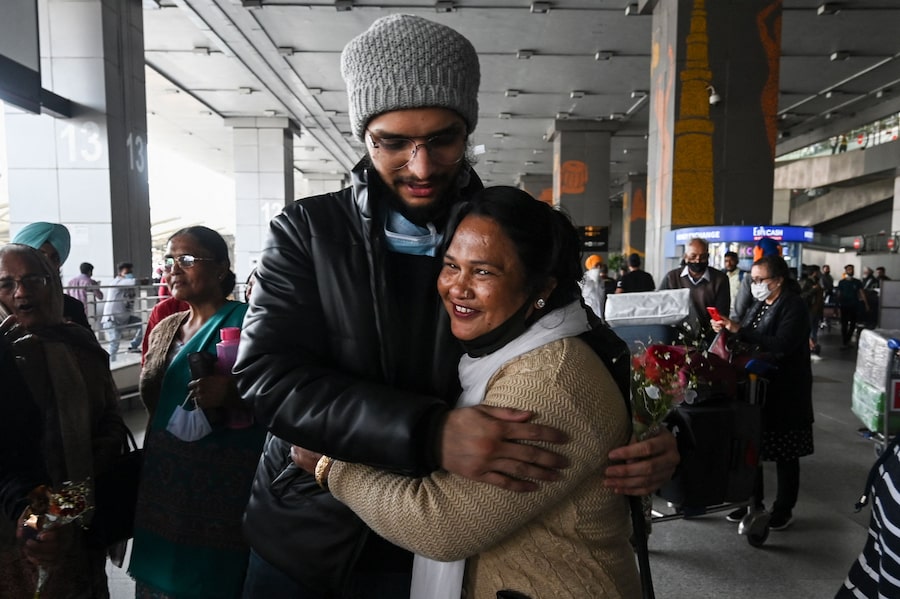
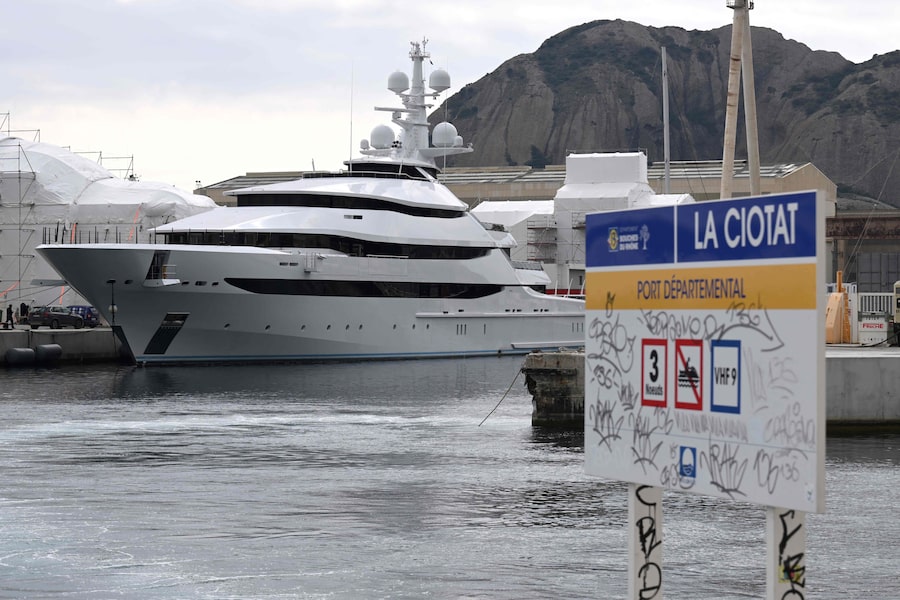
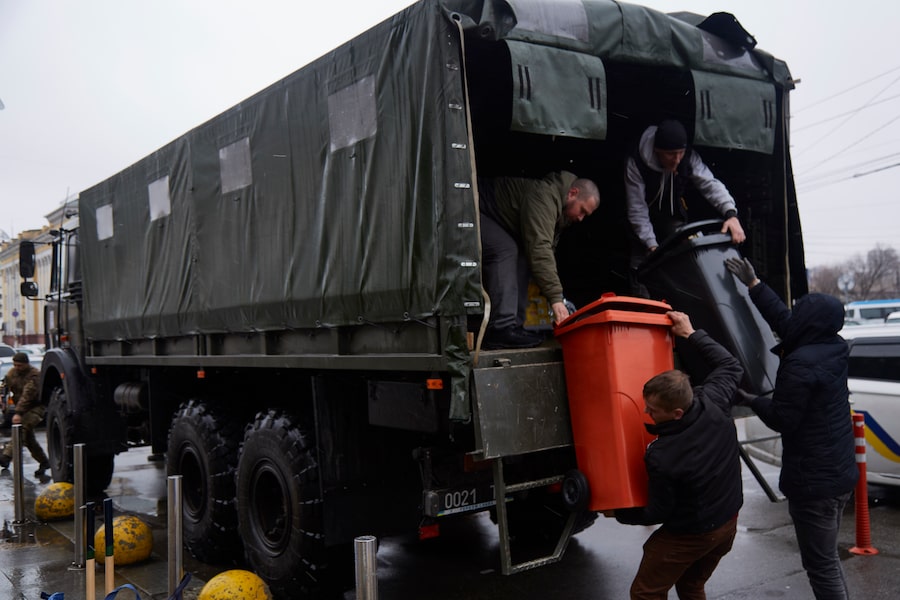
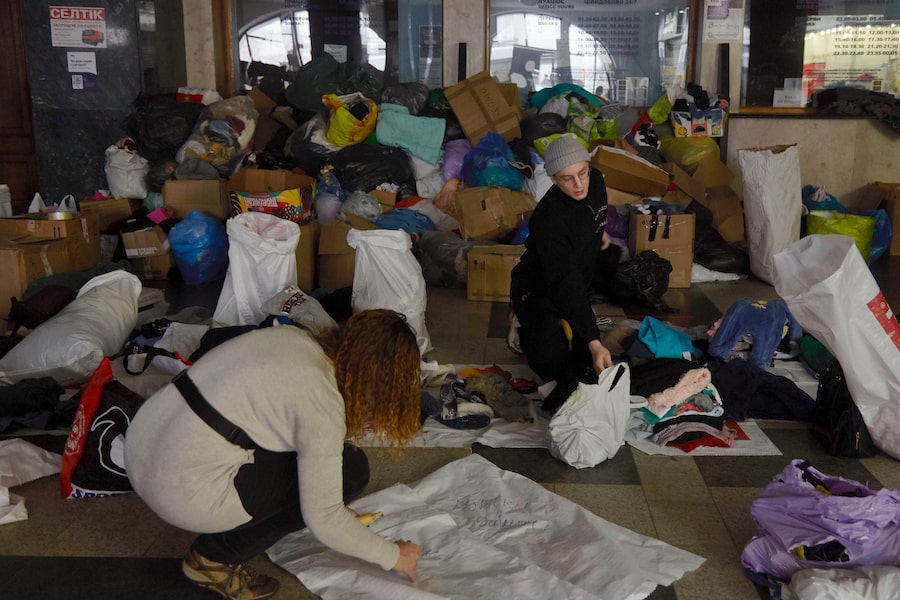
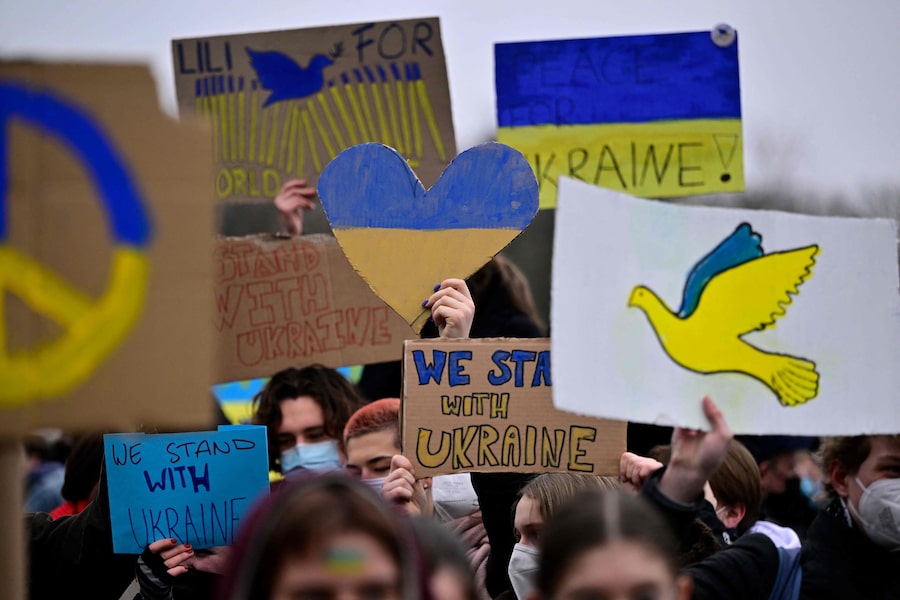
 Steven Chase
Steven Chase Robert Fife
Robert Fife